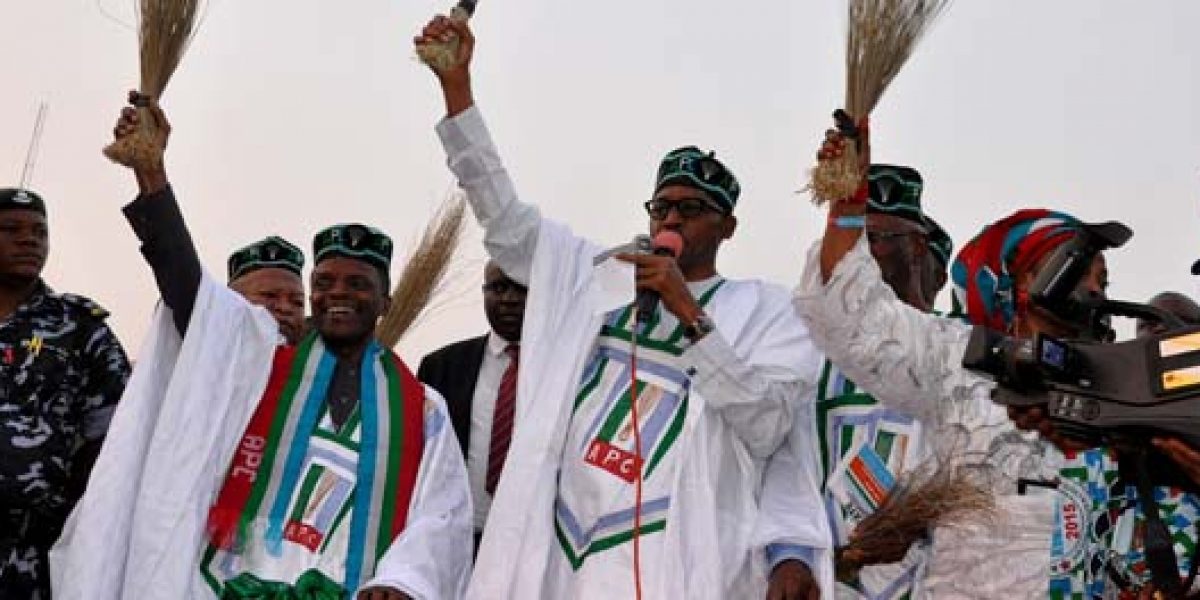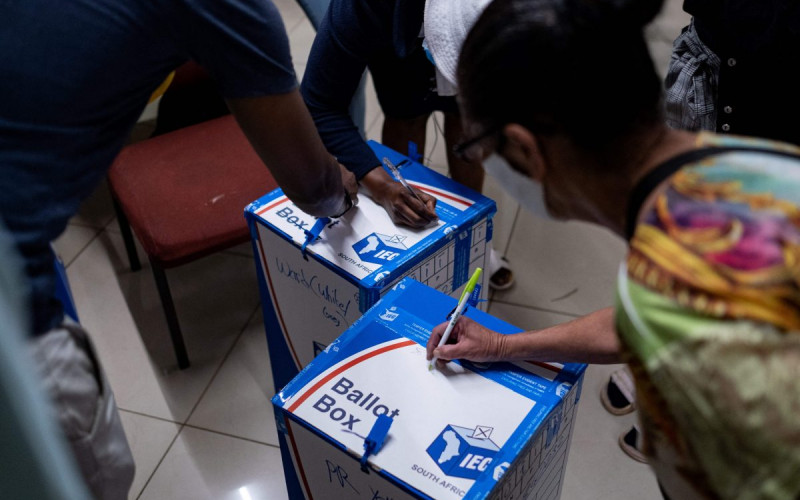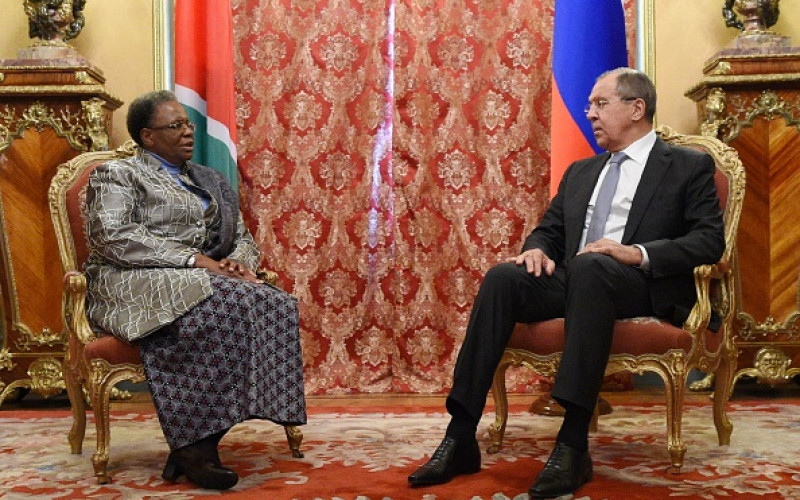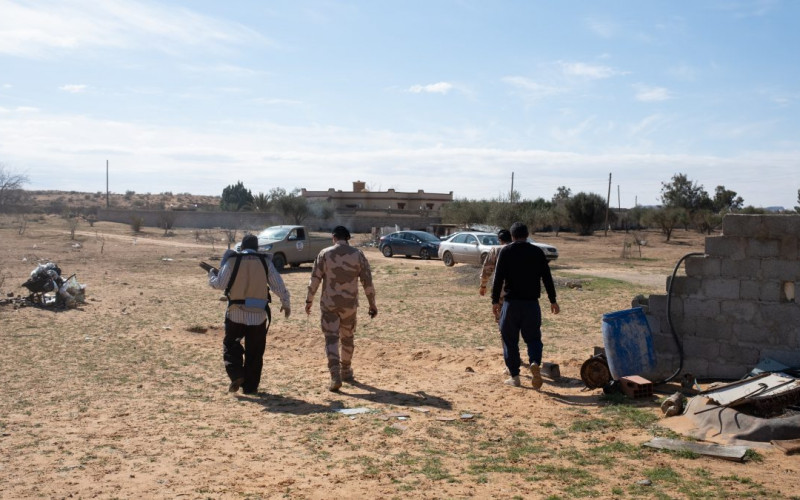The exercise was imperfect, beset by some technical glitches, pockets of violence and the inevitable political sabre-rattling. But its conduct has been extremely successful by African standards. No one could confidently predict this outcome, but Nigerians have demonstrated their abiding faith in the electoral process and democratic choice.
A number of specific factors account for this peaceful outcome, and will help us to understand the likely priorities of the incoming government of General Muhammadu Buhari.
A defining election
First, the opposition All Progressives Congress (APC) was better organised and united this time around. It managed to get its voters out to the polling stations better than the People’s Democratic Party (PDP) of the incumbent, Goodluck Jonathan.
In state after state, the APC took a slice of the electoral support that swept Jonathan to power in 2011. The story is clear: Buhari’s solid support in his native north-west region which includes Kano (Nigeria’s second most populous city after Lagos) was coupled with enthusiastic voter turnout there.
But this support was not replicated by Jonathan’s supporters in his core south-south and south-east strongholds. Buhari was also solidly backed in the south-west, one of the most populous geopolitical blocs in Nigeria (and which includes the Lagos economic hub).
Positively for Nigeria, the election was not as ethnically and religiously polarised as many feared. Jonathan won substantial votes in some of the Muslim north-eastern states, as did Buhari in majority Christian Edo and in the south-west, which has a mixture of Christians and Muslims.
Second, widespread dissatisfaction with the PDP’s performance played a big role in this election. The enthusiastic turnout for Jonathan in 2011, led partly by a youth and Christian coalition, was not replicated this time.
National security concerns (notably in the north-east), the economy (marked by a lack of jobs and a widening poverty gap), and erratic grid electricity supply, are major issues that lost support for the ruling party. Jonathan himself publicly pledged to improve electricity supply in his first term but, crucially, has not fulfilled this promise.
Third, and perhaps most important, is the revamped electoral process which has achieved a real turnaround. The use of electronic voter cards enabled the monitoring of potential rigging activities. An updated voter register allowed for the weeding out of more than five million unqualified or phantom voters.
If technology was Nigeria’s redeemer, it is Jonathan who deserves the credit for encouraging the introduction of technological safeguards for elections. And by conceding defeat swiftly and gracefully, his is likely to be seen by future generations as one of the defining contributions to the progress of Nigerian democracy.
Comeback kid Nigeria?
Many observers expected this election to turn into a blood-soaked stalemate. The ultimately peaceful outcome has held the world spell-bound but critical challenges lie ahead.
In retrospect the much criticised six-week postponement of the election in fact allowed the Independent National Electoral Commission (INEC) to better prepare and fine-tune election logistics. Were the elections to have proceeded as originally scheduled, the logistical challenges would probably have been more severe.
What should president-elect Buhari prioritise?
The Boko Haram menace continues to loom but Buhari’s ethnic background and military experience marks him out as the leader better positioned to press home some of the armed forces’ recent gains against Boko Haram.
Buhari may also change the military leadership to revitalise the security services and lift morale among the rank-and-file.
Yet the real potential flashpoint is the oil-producing Delta deep in the south. There, the largely successful amnesty that has helped end the militant, oil-fuelled insurgency is coming to an end.
An astute President Buhari will swiftly direct attention to this and consider how to reassure the Deltans. Indeed, he must tackle the potential insecurity upsurge in the Delta with same vigour devoted to Boko Haram, treating both threats as a twin-headed hydra that confronts Nigeria’s stability.
From day one he should focus on social and economic interventions that can deliver much-awaited democracy dividends, such as consolidating the electricity revamp programmes started by the PDP government, supporting job creation through boosting agriculture and other sectors, as well as redirecting public resources away from wasteful government spending and towards investment in people, skills, communities and infrastructure.
Many Nigerians will want those who mismanaged public funds under Jonathan to be brought to account. Yet Buhari will need to carefully balance calls for retribution and the need for his administration to be forward-looking in order to stabilise the ship of state. Only if he succeeds in this will the country leverage the election gains to address broader social and economic challenges.
Post-election governance and economic outlook
Buhari has a proven track record of being incorruptible in his stint as military head of state (1983-85) and as chairman of Nigeria’s Petrol Trust Fund (PTF) in the late 1990s. His real contribution will come in signalling from the top that Nigeria’s new administration is serious about cutting waste and corruption and promoting discipline in public affairs.
This needs to be reflected beyond the federal level to all other levels of government, from the 36 states through to local government authorities. More transparency and efficiency will also help Nigeria’s public finances at a time of dwindling oil prices.
Nigeria’s erstwhile culture of corruption and mis-governance has resulted in increasingly shoddy service delivery in the power, education, healthcare and other sectors since the return to democracy in 1999. By mounting a concerted effort to correct these anomalies, Buhari will be able to restore hope and public confidence in the political leadership.
This can be a real game changer. Citizens understand the enormity of the task ahead of the new administration, but the government will need to show early signs of progress. Such purposeful governance will help bed down Nigeria’s economic gains over the last 10 years, and make them more socially inclusive.
The peaceful manner of Buhari’s election already excites the global investor community. Political predictability will also allow more circumspect investors to proceed with their plans for investment in Nigeria’s increasingly attractive market.
Success for Buhari in his anti-corruption war will equally rehabilitate Nigeria globally, allowing for an energetic re-engagement with global governance processes like the G20.
The world increasingly acknowledges Nigeria as the only African state with the potential to emerge as a significant global power by the middle of this century, with an economy in the global top 20 and the world’s third largest population.
Stability at home under a transparent and accountable Buhari administration should allow for both geo-strategic repositioning and geo-economic projection on the world stage.
A top economic priority for Buhari, therefore, should be to rescuscitate the Petroleum Industries Bill that has been languishing in parliament for nearly two years. This is vital to clean up the opaque oil industry which remains the highest foreign exchange earner and biggest source of government finance.
In summary, this election has been a real game changer for Nigeria. The question now is: will the nation press home its current advantage to regain its rightful place in global affairs and resume its role as a key influencer in Africa?






